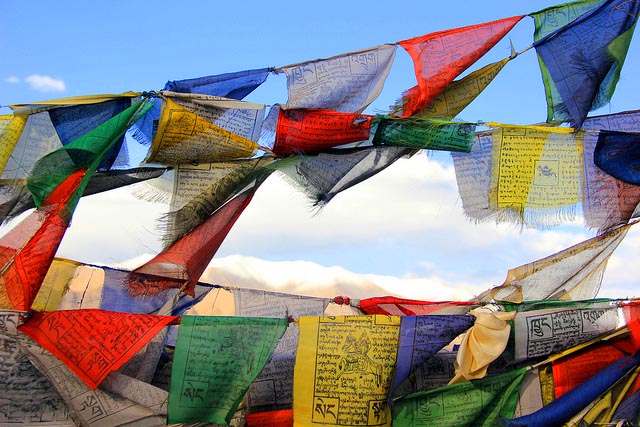“During the night, the white man came…” the captions said. They were indigenous, just a scared-looking old couple, surrounded by cameras, lights, linguists and anthropologists called at the last minute. Found wandering through the forest, from what was thought to be their village in the Amazon, there remained ashes and images of busy loggers. It was all on the TV news and it was minor news, with the right to be visible for a couple of days.
Let's say it was another one of those evidences about the many naturalized illegalities, whose violence and inhumanity have long since become unfamiliar, all digested between two mouthfuls of dinner.
Let's say that TV enters us like this through the house and the journey, as if everything is reduced to an acceptable model of representation that is commonly recognized and digested. Let's say that the presence of this “doing” (this act of representing) is revealed in the phantom objectivity with which, through it, we become aware of the world, a phantasmagoria that passes us by - unless, like an amputated limb, it hurts us in our eyes. to the screen.
There were no anthropologists or linguists who knew exactly what those two were saying. What representation model did they use? It was not known and, notice, the question did not even point to the ethnopoetic problem of the impossibility of translating one worldview into another into a model of representation of “white men”. It was the root of the model, the language itself, which was unknown.
Specialists thus only “deducted” from the languages of that region, already known and already studied. With those two beings, a whole language was lost and, with it, all the presence of a history and a culture, a whole knowledge - all the forms of a "doing" that shaped that community and that could certainly illuminate the world so another.
In 2019, the United Nations marks the International Year of Indigenous Languages. Let us say that this should return us to the great social and political question that is poetics - that art which Aristotle, seeing it without a name, called simply “doing” (poiein).
Let's say that what happens with Indigenous Languages today is the epitome of the pain of the amputated limb, of this phantasmagoria that hurts us when we finally realize that the representation of the world is not in nature, but rather reveals itself as an unbearable absence of the senses we recognize.
On this path, let's say that poetry, also celebrated on March 21, will continue to be the territory that remains for our humanity — with it and in it there is the infinite and permanent possibility of (re)making all representations of the world and/or of all other senses—the unsaid, the unheard, and the forbidden.
It is up to the poets, these unrecognized lawmakers of the world, to keep the voice of all those who do not have it - like that old couple who, in all their tragedy, saw fall upon themselves this enormous responsibility that is the of all bards: to be the representative individuals of the community, to keep their history, their experience, their “doing” in the world.
Let's say that, in this year and on this day that we are now celebrating, we must wait for the day when poetry is understood as something much more interesting than TV. And much more surprising.
Author: Graça Capinha (Center for Social Studies)
Science in the Regional Press – Ciência Viva
Note: This text was not written under the new Spelling Agreement



















Comments